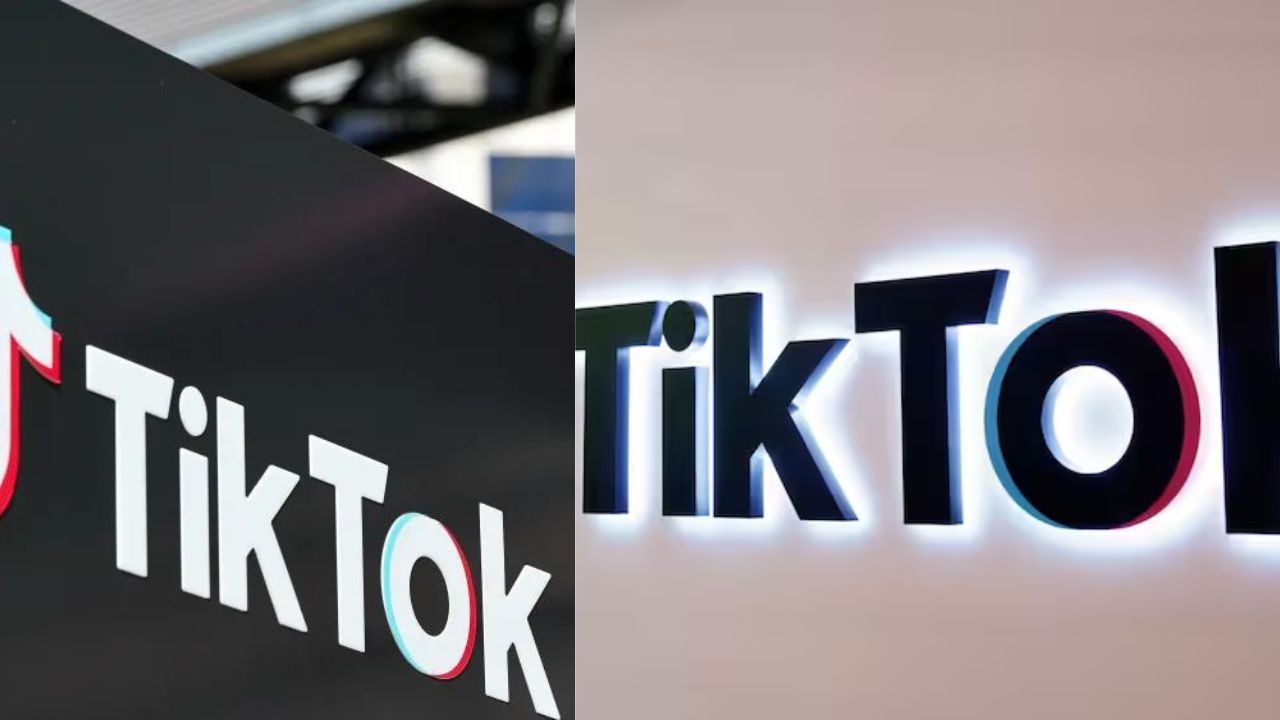Over the weekend, the House approved a significant measure targeting TikTok, aiming to enforce a potential ban on the widely-used social media platform within the United States. This move hinges on the condition that the app’s China-based owner must divest its stake within a year.
Despite this legislative push, the immediate disappearance of TikTok seems improbable. House Republicans strategically folded TikTok into a broader foreign aid package, a key priority for President Joe Biden, particularly in light of widespread congressional backing for assistance to Ukraine and Israel. This maneuver effectively expedited the ban, especially considering an earlier version of the legislation had encountered obstacles in the Senate.
In March, a standalone bill with a more stringent six-month deadline for divestment garnered resounding bipartisan support in the House. Concerns over national security, voiced by both Democrats and Republicans, drove this overwhelming vote. These concerns primarily revolved around ByteDance Ltd., the Chinese technology company that owns TikTok.
The revised legislation, passed with a decisive 360-58 vote, now moves to the Senate. Negotiations in the House extended the divestment timeline to nine months, with the possibility of an additional three months if progress is evident in the sale process.
Yet, the possibility of legal challenges could extend this timeline even further. ByteDance Ltd. has hinted at potential litigation to challenge the law if it passes, arguing that it would infringe upon the First Amendment rights of TikTok’s millions of users. As such, the fate of TikTok in the United States remains uncertain amidst this legislative and legal backdrop.
TikTok has launched a vigorous lobbying effort against the proposed legislation, rallying its substantial user base of 170 million in the United States, many of whom are young, to reach out to Congress and express their opposition. However, the intensity of this pushback has irked lawmakers on Capitol Hill, where there exists widespread apprehension regarding Chinese threats to national security, compounded by the fact that few members of Congress utilize the platform themselves.
TikTok CEO Shou Zi Chew sought to reassure users in a video posted on the platform last month, pledging to continue fighting on their behalf. “We will not stop fighting and advocating for you,” Chew declared, addressing the app’s users directly. “We’re committed to utilizing all available legal avenues to safeguard this incredible platform that we’ve created together.”
The swift progression of the bill through Congress is remarkable, given that it specifically targets a single company and comes at a time when lawmakers have historically taken a hands-off approach to regulating the tech industry. Despite ongoing efforts to address issues such as child protection online, user privacy, and platform liability for content, legislative action has been minimal. Yet, the proposed TikTok ban underscores the widespread anxieties among lawmakers regarding China’s influence and activities.

